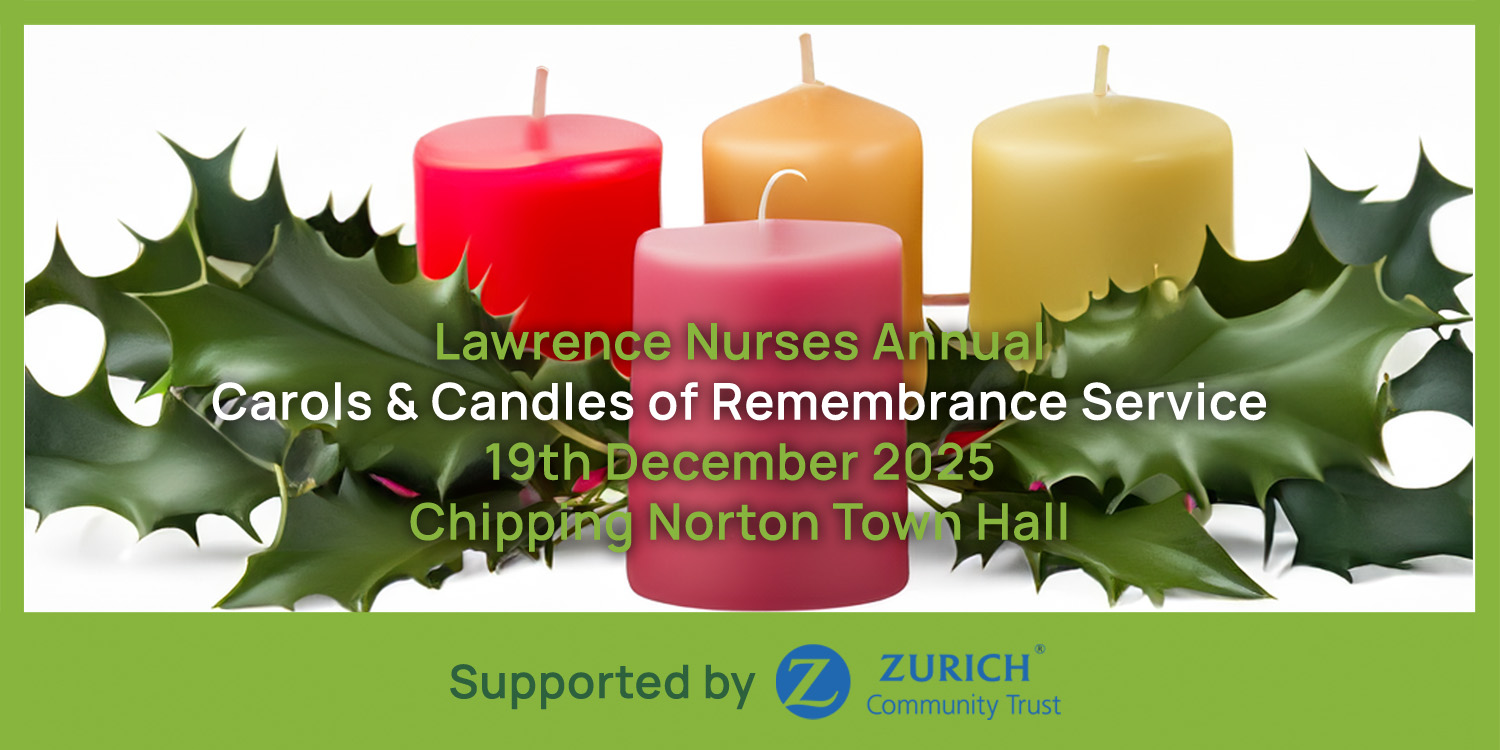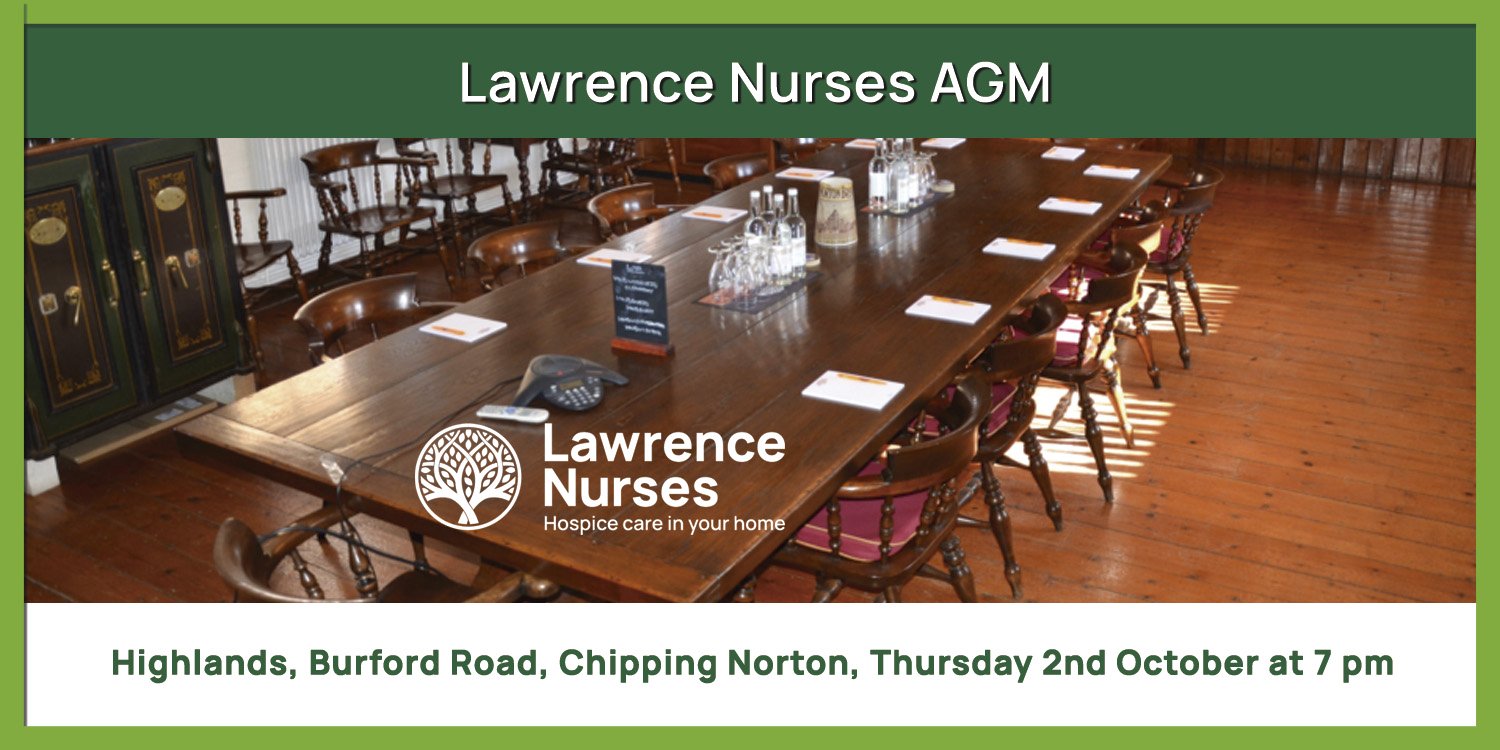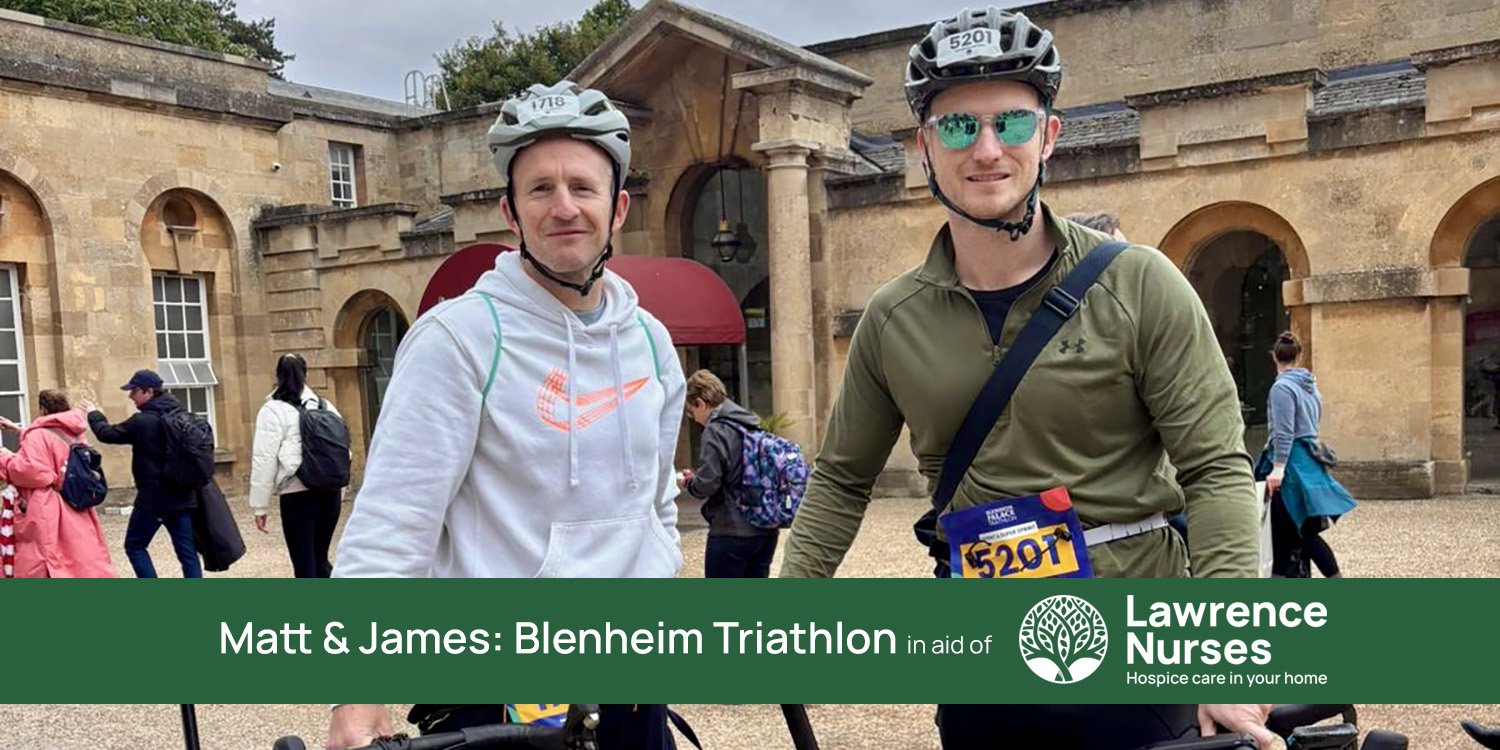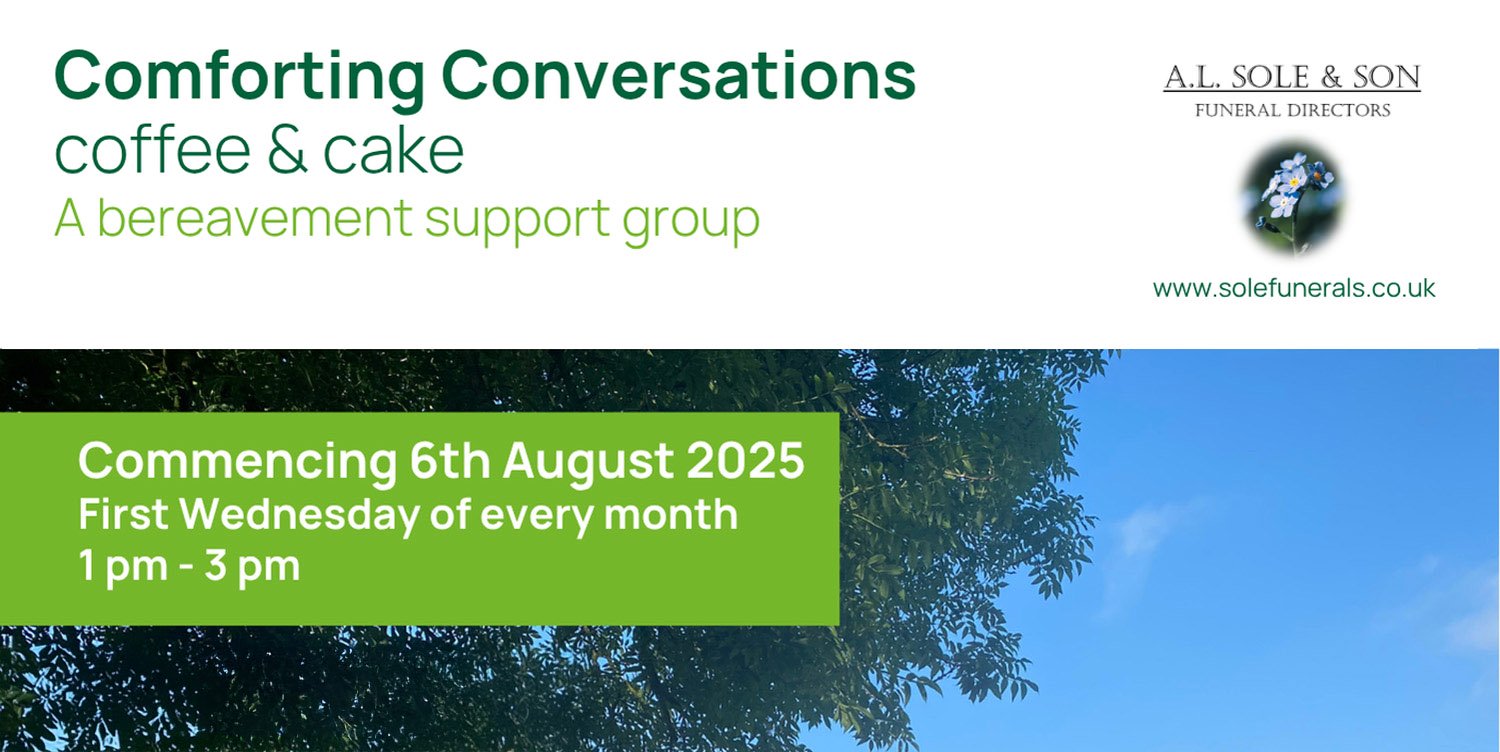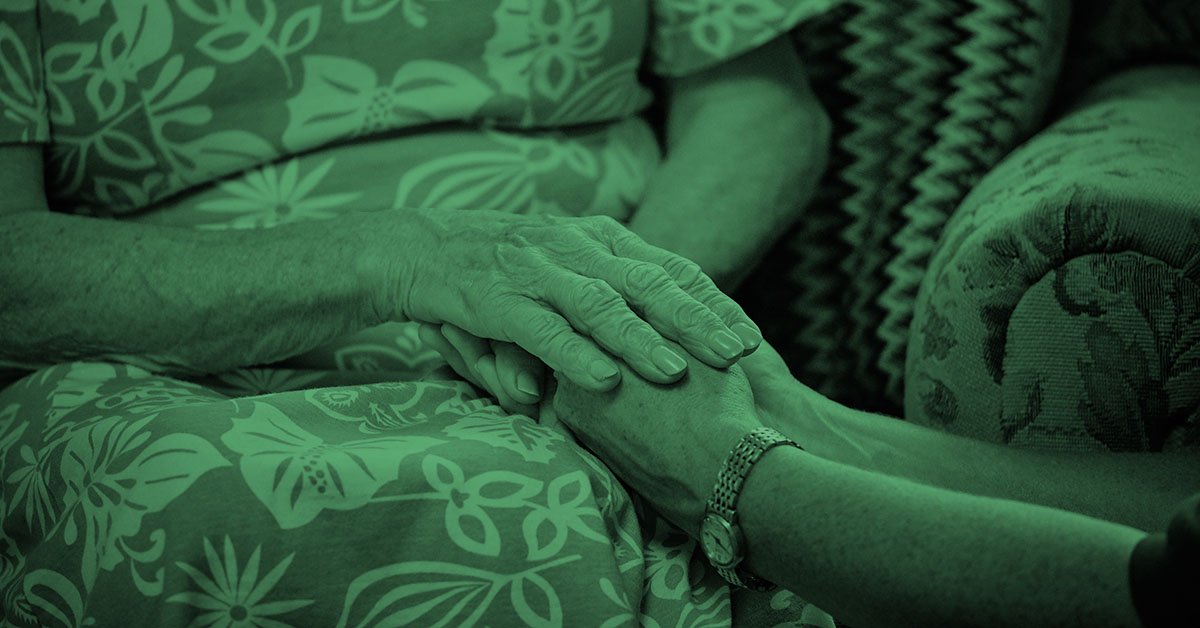A short history of Lawrence Nurses
The charity was established in May 1999 to support the local community in memory of Dr. Martin Lawrence, a Chipping Norton GP.
He was diagnosed with a terminal illness and home nursing care enabled him to spend his final weeks at home with his family. It was his wish that anyone else who wanted to live their last days at home should be supported to do so.
Before he died he wrote the template for the Lawrence Home Nursing Team and asked his friend and nurse, local District Nurse, Jane Phillips to carry out his wishes.
Martin Stanley Timothy Albert Lawrence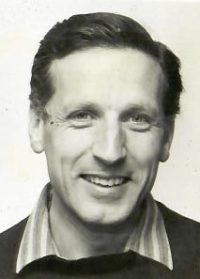
b.12 December 1943 d.27 February 1999
BA Cantab(1965) MB ChB Oxon(1970) MRCP(1972) MRCGP(1975) FRCGP(1983) MA Oxon(1988) FRCP(1995)
Martin Lawrence was a general practitioner and a lecturer in general practice at the University of Oxford. His father died when Martin was just nine months old, and his stepfather died shortly after he went to Winchester College as a scholar. But, in spite of these early traumas and his own premature death, his life can be counted an outstanding success.
He read maths at Clare College, Cambridge, before becoming a pre-clinical medical student there and later moving to New College, Oxford, to do the clinical course at the Radcliffe Infirmary. He qualified in 1970, did house jobs at the Radcliffe, was SHO at the Hammersmith and quickly acquired the MRCP.
He seemed set on a hospital/academic career, but thought general practice might give him greater opportunity to provide personal care and so decided to try it by spending a year as a ‘trainee’ in a Cotswold practice in Chipping Norton. This convinced him that general practice was, indeed, his vocation. He was invited to become a partner in the practice where he remained for 25 years, where he was senior partner of five at the time of his death. He soon became an outstanding GP.
His intelligence, energy, conscientiousness, devotion to patients and loyalty to colleagues ensured the respect of all who knew him. He was a leading light in general practice, being in the forefront of innovations and becoming an international authority on medical audit and quality improvement – with several books on these and other topics.
In 1984, after ten years as a full-time GP, he joined the fledgling Oxford University department of general practice as a part-time lecturer, while continuing to provide unstinting care for his practice patients. Patients often told how he would visit late at night or at weekends ‘just to see how they were getting on’. He was popular in the community, was active in local affairs, and was always ready to advise, help and support. He had the highest standards, expected the same of others, and wanted everyone he came in contact with to achieve their true potential – and to help them do so.
In his University post his energy, enthusiasm, intelligence and teaching skills were an important factor in the rapid development of the department. In 1993 he was promoted to lecturer and took responsibility for the development and implementation of a new curriculum. He also became a fellow of Green College where his energy was also evident.
As a student at Cambridge, he had met and married Annette – from Denmark. Links with the Nordic countries developed and strengthened over the next 30 years and there were many collaborations in student teaching, postgraduate education and research. In his memory an Oxford-Nordic Exchange Scholarship scheme was established to facilitate general practice-based teaching for clinical students in Oxford and Scandinavian medical schools.
In 1997, following the retirement of the professor and pending the appointment of his successor (a post for which he was a highly eligible applicant), Martin was appointed acting head of the University department. But tragically his cancer returned. Not that this daunted him. He was determined to ‘carry on as normal’ and ran the department successfully for a year, until the new professor was in post and to within a few months of his death. His fortitude in the face of illness, disability and pain was remarkable. He was just 55 when he died.

